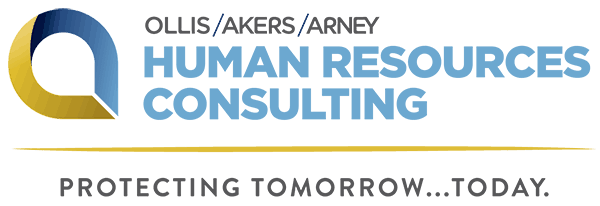Among other measures aimed at easing student loan burdens during the coronavirus pandemic, the Coronavirus Aid, Relief and Economic Security Act (CARES Act) includes a provision that temporarily allows employers to make tax-free payments of up to $5,250 toward their employees’ student loans.
Under this provision, employer payments toward their employees’ qualified educational loans between March 27, 2020, and Dec. 31, 2020, may be excluded from the employees’ taxable income, resulting in tax advantages for both parties. Employer contributions made outside of that time frame or in excess of the monetary limit are generally considered taxable wages subject to all employment taxes.
Section 127 of the Internal Revenue Code already allows employers to pay up to $5,250 per year toward employees’ qualified educational expenses—such as for tuition and textbooks—on a tax-free basis. The new CARES Act provision temporarily expands that law to include student-loan repayment assistance as qualified educational expenses. This means that employers may, for a limited time, provide each employee with up to the maximum in either education-related expenses, student loan payments or a combination of both.
Section 127 also requires employers to have a written educational assistance plan that meets specified content requirements.
Action Steps
Employers should become familiar with the temporary change and consider establishing—or amending any existing—written educational assistance programs to take advantage of the favorable tax treatment for contributions toward their employees’ student loans.
For questions or more information on human resource challenges and solutions or other emerging HR trends, contact Ollis/Akers/Arney Insurance & Business Advisors today.






